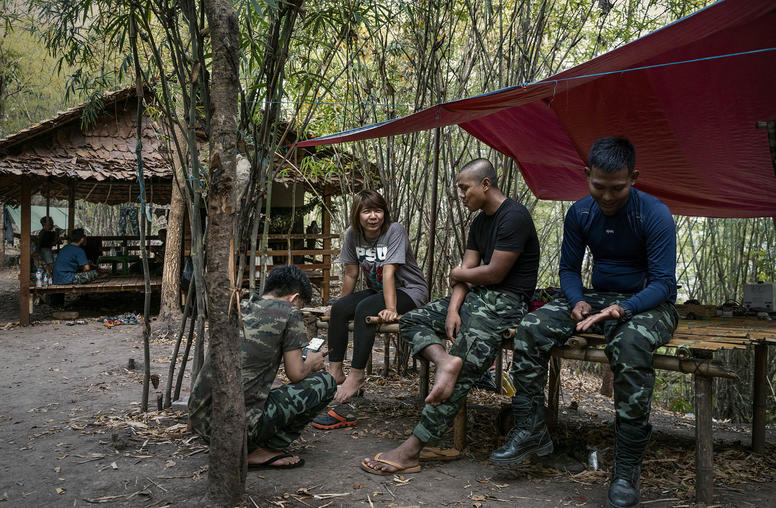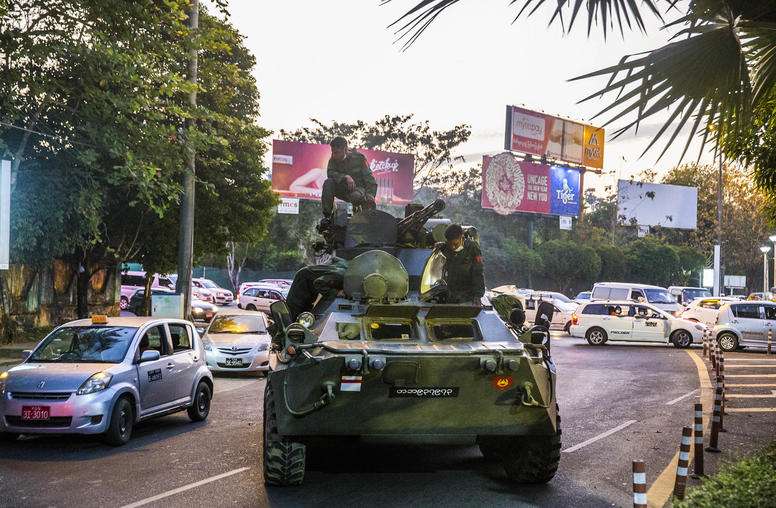Myanmar Study Group Report Launch
Anatomy of the Military Coup and Recommendations for U.S. Response
Last February, the Burmese army launched a coup and began reversing a decade of democratic and economic progress. Met with nationwide civil disobedience, the military brutally cracked down on peaceful protests, prompting the anti-coup movement to also employ violence — often with the support of ethnic armed organizations. A year later, the crisis in Myanmar directly challenges the foundational interests and values of U.S. foreign policy: democracy, human rights, rule of law, prosperity and security. It would be an abrogation of those foundations if the United States ignored and neglected this unfolding tragedy — instead, the United States should seize this opportunity to demonstrate its commitment to diplomatic engagement that promotes a rules-based international order.
In March 2021, USIP organized the Myanmar Study Group in response to the country’s evolving crisis. Comprised of 9 prominent experts on Myanmar, the study group convened a series of discussions about the dynamic and evolving situation in the country, examined policy options for the U.S. government, commissioned research and held consultations with external experts and affected communities.
On the one-year anniversary of the military’s coup, USIP hosted the release of the Myanmar Study Group’s final report. The discussion looked at the study group’s findings and recommendations on topics such as the Burmese army, Myanmar’s economy, ethnic armed organizations, end state scenarios, humanitarian assistance, international actors and U.S. government policy alternatives — among many others.
Take part in the conversation on social media with #MyanmarStudyGroup.
Panelists
Lise Grande, opening remarks
President & CEO, U.S. Institute of Peace
Christina Fink
Professor of Practice of International Affairs, Elliott School of International Affairs at George Washington University
Daniel Twining
President, International Republican Institute
Derek Mitchell
Former U.S. Ambassador to Myanmar
Jason Tower,
Country Director, Myanmar, U.S. Institute of Peace
Priscilla Clapp
Senior Advisor, U.S. Institute of Peace



